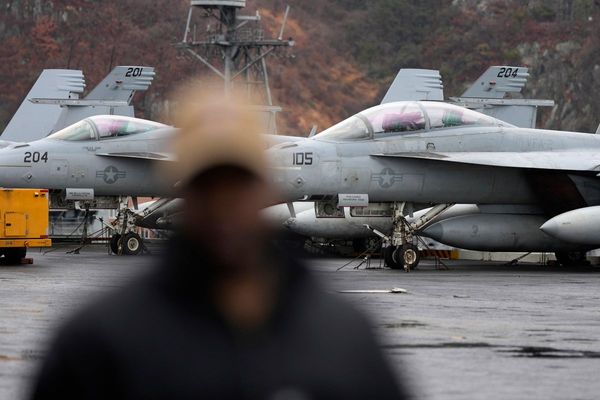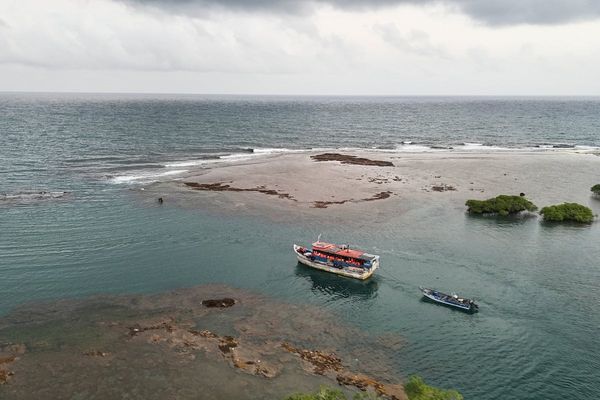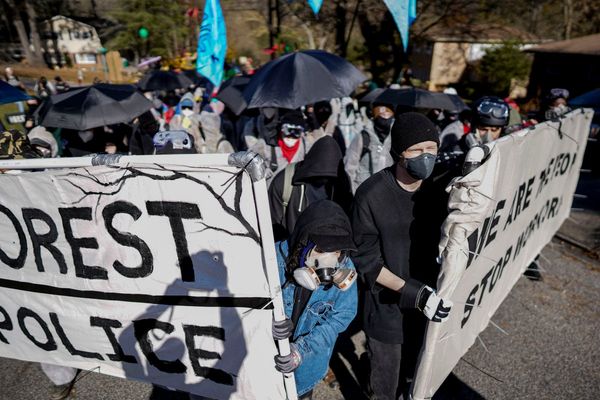
In a recent development, the Taliban issued a warning to journalists and experts, cautioning them against collaborating with Afghanistan International TV. This marks the first time the Taliban has specifically targeted a media outlet in this manner.
Afghanistan International TV, based in London and accessible through various platforms, has come under scrutiny by the Taliban-controlled Ministry of Information and Culture. The ministry accused the station of professional violations and breaching moral and legal boundaries.
The Media Violations Commission, under the ministry, has instructed all journalists and experts in Afghanistan to cease any cooperation with the station. The deputy minister for broadcasting emphasized that individuals would be committing a crime by working with Afghanistan International TV, citing reasons such as misinformation and campaigning against the ruling system.
Despite the warning, the director of Afghanistan International TV stated that the channel, which relies on reporting from Afghan citizens, would not be deterred. The director highlighted the channel's commitment to professional standards and free media.
Press freedom in Afghanistan has been a concern, with the country ranking poorly in global indices. Recent incidents, such as the arrest of radio reporters for playing music and interacting with female listeners, underscore the challenges faced by journalists in the country.
Furthermore, the Taliban's suspension of TV stations for allegedly disregarding national and Islamic values has raised additional questions about media freedom in Afghanistan. The director of one of the suspended stations denied the allegations and criticized the lack of communication regarding the suspension.
Since the Taliban's resurgence in 2021, many journalists have lost their jobs, and media outlets have struggled due to financial constraints and staff departures. Women journalists, in particular, face heightened difficulties due to work bans and travel restrictions imposed by the Taliban.
Reflecting on the Taliban's previous restrictions on media during their rule in the late 1990s, concerns persist about the future of press freedom in Afghanistan.







